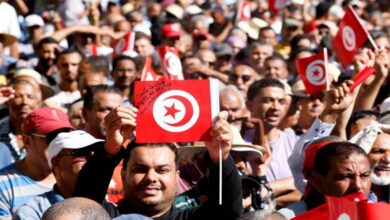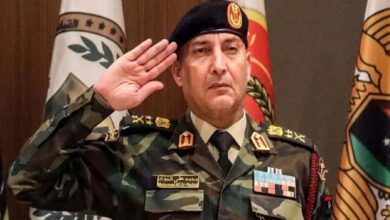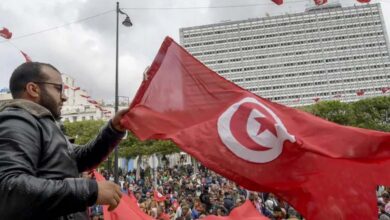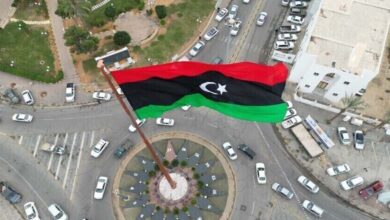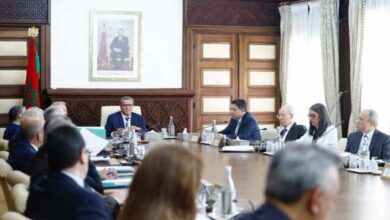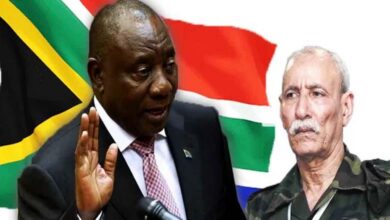The Libyan scene is in a state of anticipation – Will 2023 be a solution to crises?
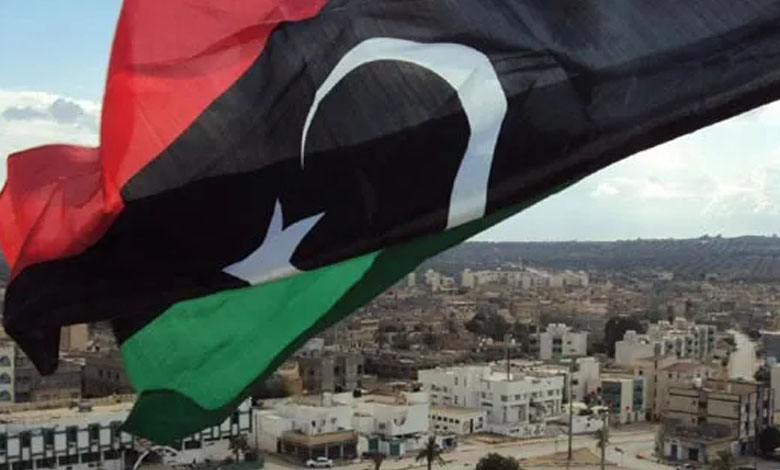
The past year has seen multiple armed clashes in the capital, Tripoli, over the conflict over executive power between militias supporting Abdul Hamid Dbeibeh and his rival Fathi Bashagha, over the control of Tripoli by loyalists of the Dbeibeh, recurrent bloody clashes between rival militias in the western city of Zawiya and lawlessness in militia-held areas.
Outstanding Hopes
Hopes remain pinned on an understanding between the presidents of both chambers regarding sovereign offices and the constitutional base of elections, as illustrated by their success in agreeing on the appointment of a president for the Supreme Judicial Council.
Difficult conditions
Mohammed Zubaidi, a Libyan political analyst, said that the conditions in Libya are very difficult, because there are no quick and radical solutions for the crisis in Libya at the present time. He pointed out that it is necessary to reach a constitutional basis for holding elections on the basis of which, this call, which all actors in the Libyan scene, both regional and international powers, have been stressing.
Political divisions
In a special statement, the Libyan political analyst added that the political parties have not succeeded in getting out of the crisis despite the many regional and international initiatives and mediation. “Things got even worse after the Libyan Army attacked the capital, Tripoli, in 2019, and the Government of National Accord – then – relied on Turkey, which intervened militarily through mercenaries and its army to prevent the Libyan Army from liberating Tripoli from the control of militias.”
He explained that the stumbling of the political solution in Libya, due to disagreements between the main political forces on the election law and the conditions for running for the presidency, and divisions between state institutions, is the result of a struggle between two governments for power.






